Can Smartphones Help Manage Bipolar Disorder?
Bipolar disorder is a condition characterized by mood swings that vary from extreme elation to severe depression. Patients suffering from this mental illness experience extreme highs and hyperactivity, and at other times suffer devastating lows and lethargy. Because symptoms of most mental disorders can only be seen as changes in a person’s behavior, rather than a chemical or biological change, treating these mood changes can be extremely difficult. But recent studies indicate that phone apps may be able to help people with bipolar disorder manage their conditions so that they can live more productive lives.
Research
Italian researchers have found that smartphones can be used to diagnose and manage mental health illnesses such as bipolar disorder. Thanks to their built-in sensors, sudden mood changes can be tracked easily. Just recently, computer scientist Venet Osmani of the Trento, Italy-based Centre for Research and Telecommunication Experimentation for Networked Communities (CREATE-NET) used data mining to study human behavior and health. He knew that people with bipolar disorder often demonstrated signature behavior patterns and used smartphones to measure these patterns. According to Osmani, the behavior patterns associated with bipolar disorder can be accurately detected by smartphone sensors, which allow changes in mood to be spotted as they occur. This is amazing news for patients, as it could lead to faster treatment and better outcomes for sufferers.
How the Smartphone App Works
How will the smartphone app work? The bipolar manic phase is often characterized by physical hyperactivity, which can be measured by an accelerometer and a GPS; symptoms like rapid speech could be measured by sound analysis software, and frequent conversations monitored through phone call patterns. Similarly, slow movements, fewer locations travelled, sluggish speech, and fewer conversations with others can be signs of the depressive phase. The app includes GPS information to localize the user in case of a manic crisis, and it can be used either as part of a treatment with a therapist or as a standalone app. There are currently a number of different apps on the market being used to detect mental and physical ailments as they occur. This is just the beginning of how innovation is changing medicine.
Patients
All of this is good news for bipolar sufferers. Patients with bipolar disorder are more susceptible to stress events or changes in their routine. With a smartphone app, the possibility of early detection in a patient’s state could mean facilitating timely intervention and getting him or her the best treatment possible.
For the most party, treating bipolar illness comes after the fact. Patients are usually given questionnaires after an episode has already occurred. An accurate way of diagnosing mood changes in real-time would be hugely useful, both for patients and their health providers to predict oncoming symptoms.
With technology continuing to change, and innovation creating better and faster ways to communicate, many of today’s health problems might soon be more easily detected.


